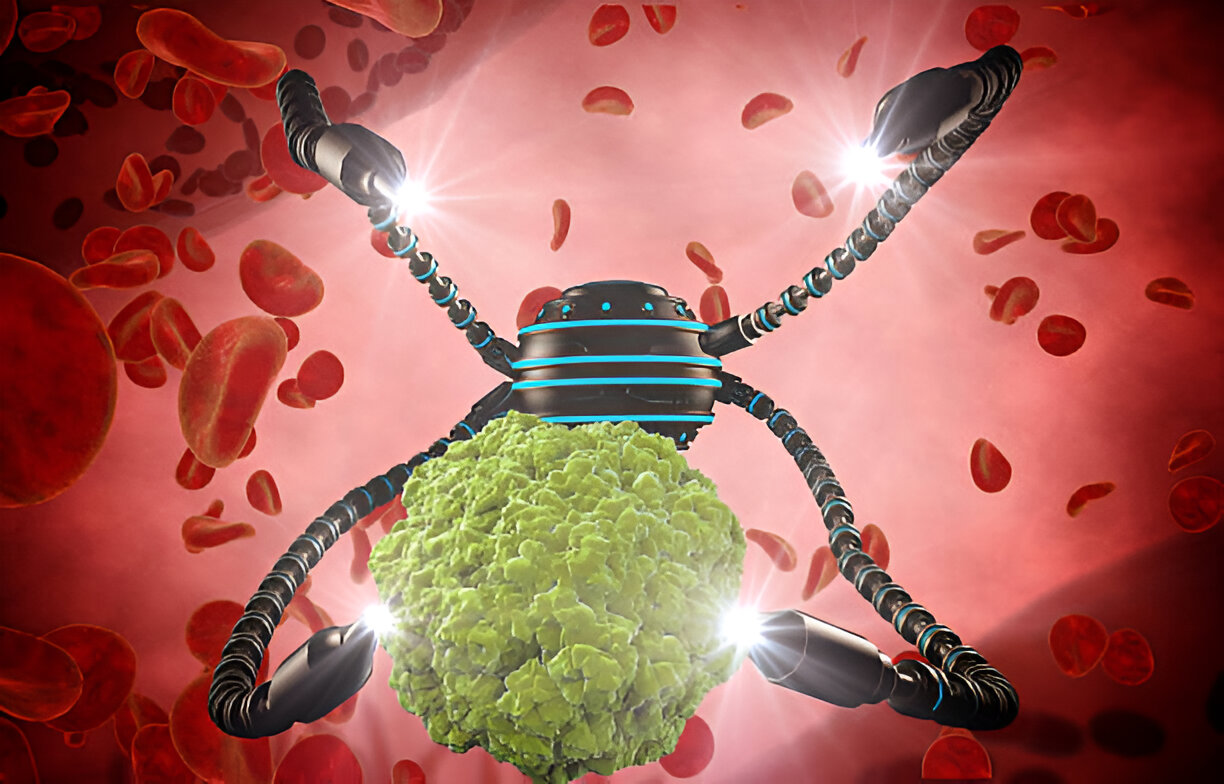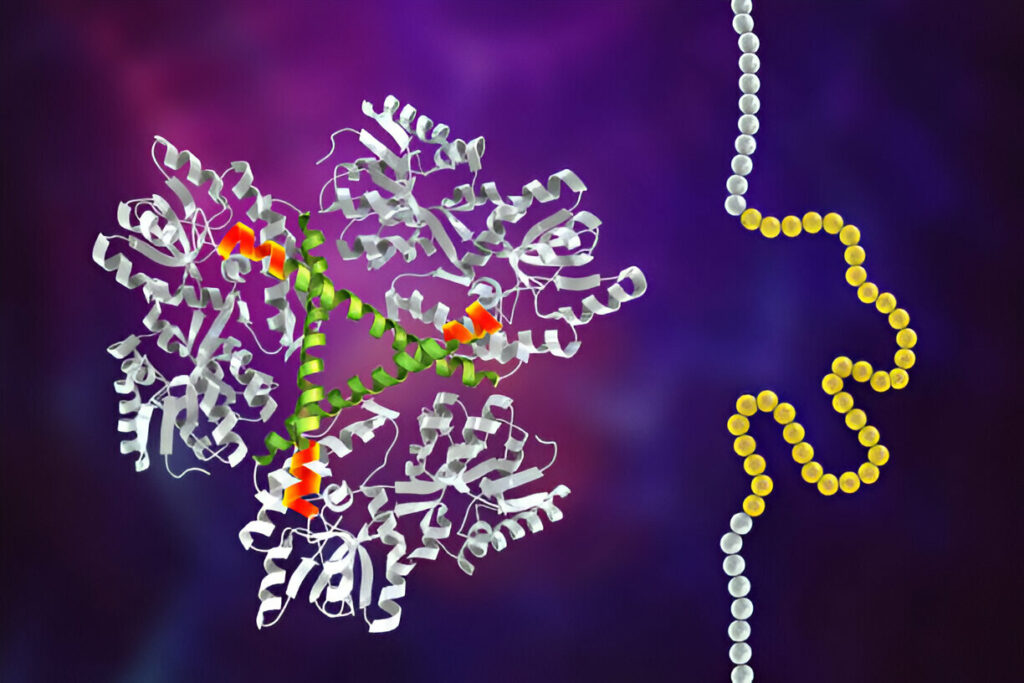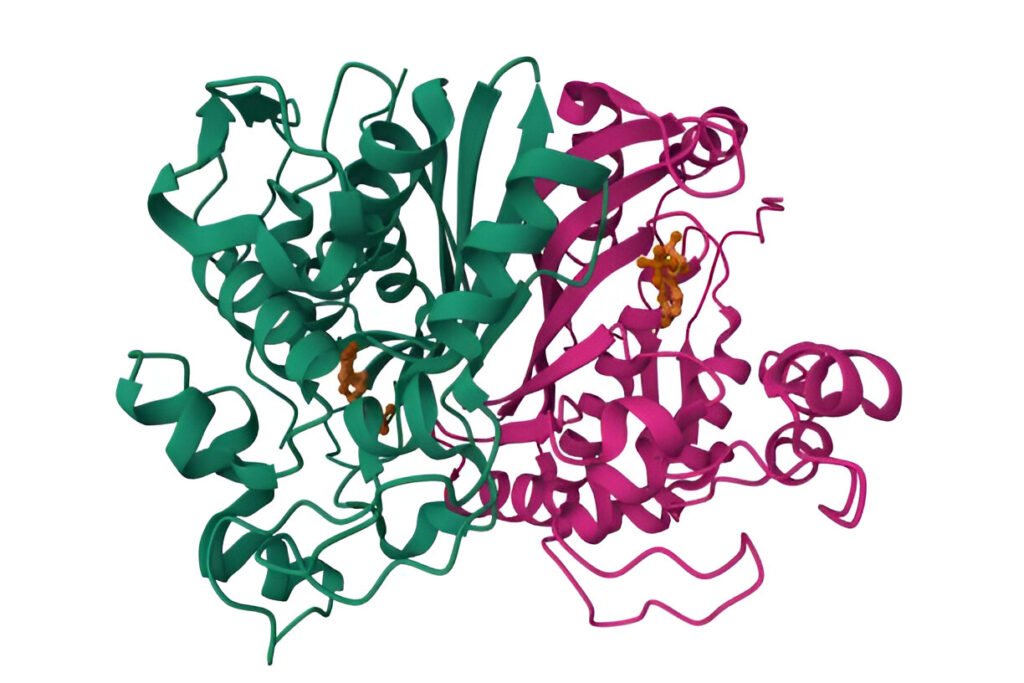Living with Pyruvate Kinase Deficiency (PKD) presents unique challenges. The primary concern often revolves around managing the anemia caused by this condition. While it may feel overwhelming at first, understanding the condition and the available treatment options makes a significant difference. This guide explains how PKD affects the body, the ways to manage its symptoms, and the treatments available to improve the quality of life for those affected.
Understanding Pyruvate Kinase Deficiency
Pyruvate Kinase Deficiency is a rare inherited condition that disrupts the normal function of red blood cells. It occurs when the pyruvate kinase enzyme, essential for energy production in red blood cells, is either absent or defective. Without this enzyme, red blood cells cannot survive as long as they should. They break down prematurely, leading to hemolytic anemia—a key characteristic of PKD.
This premature breakdown of red blood cells causes a range of symptoms. Patients may experience fatigue, jaundice, pale skin, and shortness of breath. In severe cases, complications such as gallstones or an enlarged spleen may also occur.
Diagnosing Pyruvate Kinase Deficiency
Early diagnosis is critical for effective management. Doctors typically use a combination of blood tests to confirm PKD. These tests measure hemoglobin levels, bilirubin levels, and the activity of the pyruvate kinase enzyme. Genetic testing may also be used to identify mutations in the PKLR gene, which causes the condition.
Parents who notice symptoms like unusual tiredness or yellowing of the skin in their children should seek medical advice promptly. Early identification ensures that treatment can begin before complications develop and help with Diagnosis and Management of PK Deficiency.
Managing Anemia in PKD
The primary goal of treating Pyruvate Kinase Deficiency is to manage anemia. The severity of anemia varies from person to person, and treatment plans are tailored to individual needs. For mild cases, monitoring and supportive care are often sufficient. However, more severe cases require medical intervention.
Blood Transfusions
For patients with significant anemia, blood transfusions are a common treatment. These transfusions replenish healthy red blood cells, alleviating the symptoms of anemia. While effective, this approach is not a cure. Patients receiving frequent transfusions must be monitored for potential complications, such as iron overload.
Iron Chelation Therapy
Iron overload occurs when the body accumulates too much iron from repeated blood transfusions. This can damage organs, including the heart and liver. Iron chelation therapy helps prevent these complications by removing excess iron from the body. It is an essential component of care for patients undergoing regular transfusions.
Advanced Treatment Options
In some cases, more advanced treatments are necessary. These options aim to address the underlying cause of PKD rather than just its symptoms.
Bone Marrow Transplants
A bone marrow transplant is a potential cure for severe cases of PKD. This procedure replaces the patient’s defective bone marrow with healthy marrow from a donor. While it offers a chance for a permanent solution, the process is complex and comes with risks, including infections and graft rejection. Finding a suitable donor is also a significant challenge.
Emerging Therapies
Medical research continues to explore new treatments for PKD. Gene therapy is one of the most promising developments. Scientists are working to correct the genetic mutations that cause the condition, potentially offering a permanent cure. Although still in experimental stages, these therapies represent hope for the future.
Supportive Care for Patients with PKD
In addition to medical treatments, supportive care plays a vital role in managing Pyruvate Kinase Deficiency. This approach focuses on improving the overall well-being of patients and their families.
Nutrition and Diet
A balanced diet is essential for supporting red blood cell production. Foods rich in iron, folate, and vitamin B12 help maintain healthy blood levels. However, for patients receiving transfusions, iron intake may need to be limited to avoid exacerbating iron overload. Consulting a healthcare provider or nutritionist ensures that dietary choices align with the patient’s needs.
Regular Monitoring
Frequent checkups with a hematologist are crucial. These appointments allow doctors to monitor hemoglobin levels, assess organ health, and adjust treatment plans as needed. Regular evaluations help prevent complications and ensure that the condition is managed effectively.
Emotional and Psychological Support
Living with a chronic condition like PKD can be emotionally challenging. Parents of children with PKD often experience stress and anxiety. Support groups, counseling services, and educational resources can help families cope. These tools provide an opportunity to connect with others facing similar challenges and to learn more about managing the condition.
Education and Advocacy
Education is a powerful tool for families affected by PKD. Understanding the condition empowers parents to make informed decisions about treatment and care. It also helps them advocate for their children’s needs in medical, educational, and social settings.
Raising Awareness
Raising awareness about PKD helps reduce stigma and promotes understanding. Parents can share their experiences with schools, communities, and healthcare providers to create supportive environments for their children. Awareness campaigns also encourage early diagnosis and research funding.
Collaboration with Educators
Children with PKD may face challenges in school due to fatigue or frequent medical appointments. Collaborating with teachers and school staff ensures that accommodations are made to support the child’s learning experience. Educators can help by providing flexible schedules and understanding the impact of the condition on the child’s daily life.
The Future of PKD Treatment
The future of Pyruvate Kinase Deficiency treatment looks promising. Advances in genetic research and medical technology are paving the way for innovative therapies. Scientists are not only working to cure the condition but also to improve the quality of life for patients. While these treatments are still in development, they offer hope for families navigating the challenges of PKD.
Ongoing research highlights the importance of early diagnosis, personalized treatment plans, and comprehensive care. By staying informed about these advancements, patients, and families can explore new possibilities for managing the condition.
Conclusion
Managing Pyruvate Kinase Deficiency is a journey that requires a combination of medical care, supportive strategies, and emotional resilience. Understanding the condition and seeking appropriate treatment is crucial. With early diagnosis, regular monitoring, and access to emerging therapies, families can ensure a brighter future for their loved ones. As research continues to advance, hope remains strong for better treatments and eventual cures for PKD.




